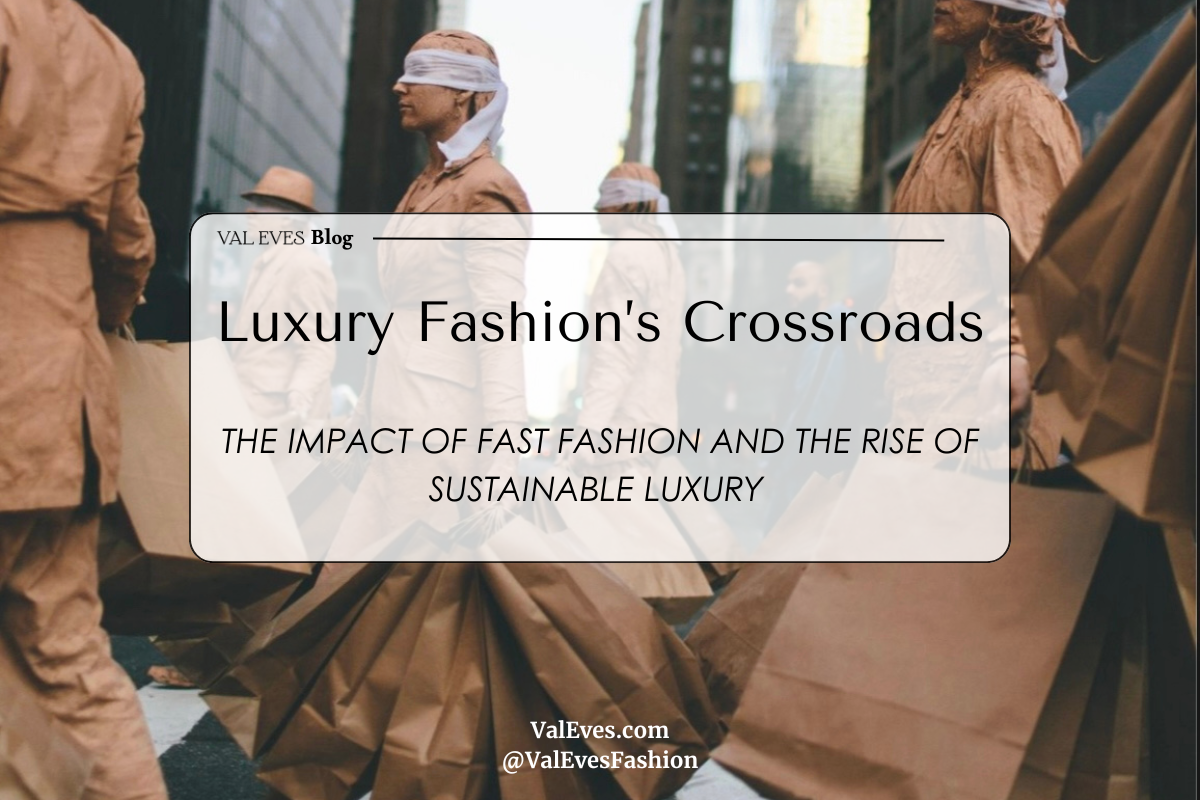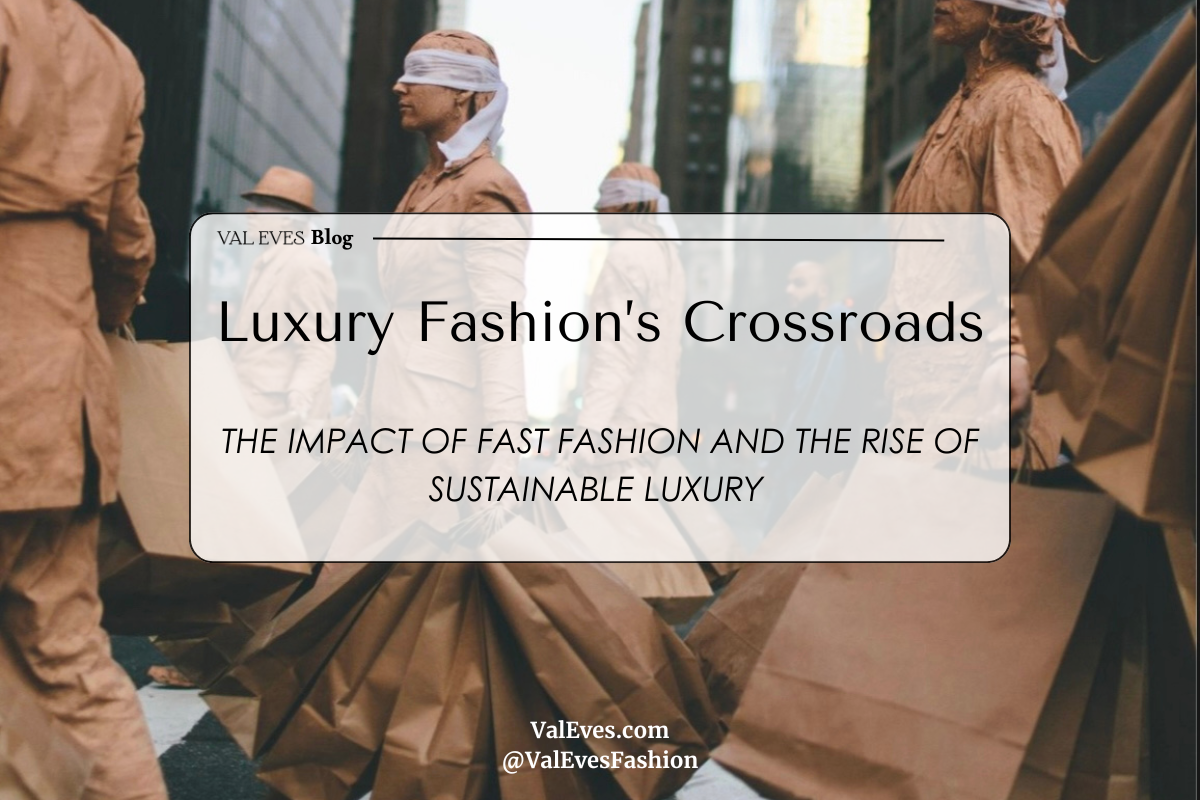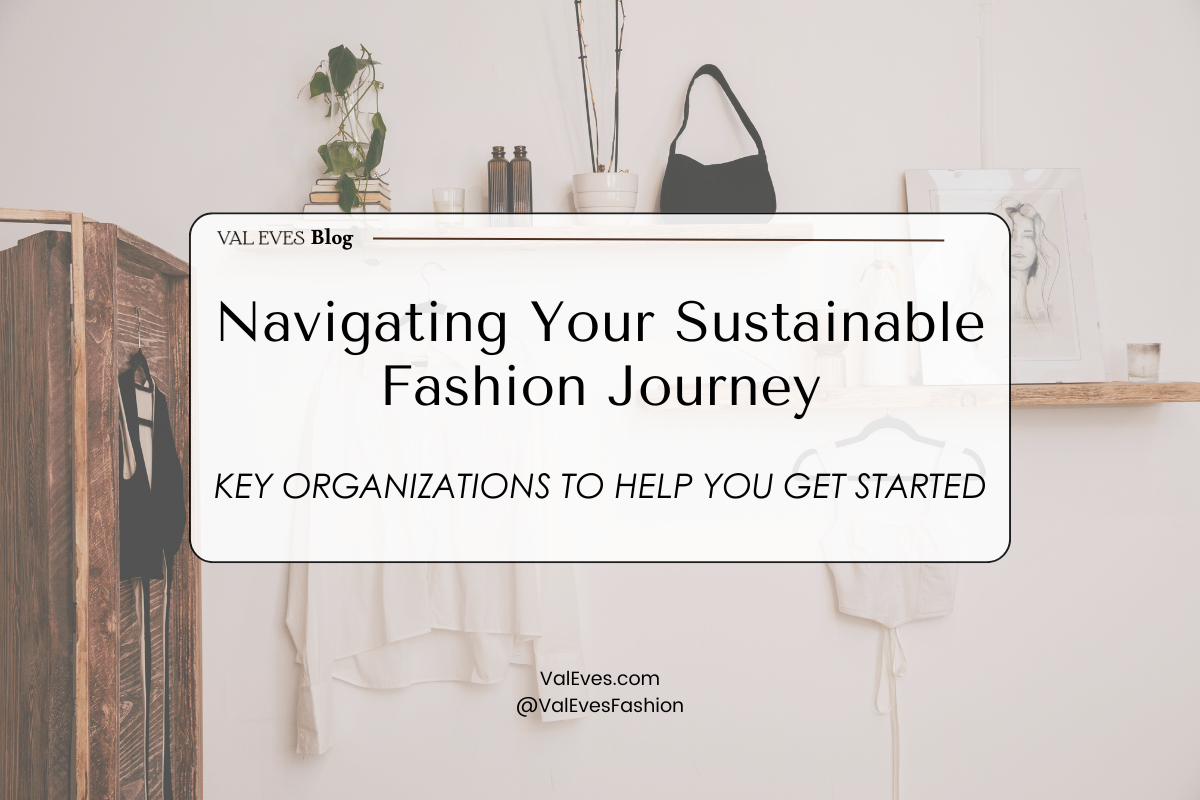Luxury Fashion's Dilemma
In recent years, the luxury fashion industry has found itself at a major pivot point. As the appetite for high-end, exclusive products continues to evolve, traditional luxury brands are facing a significant challenge: declining sales and shrinking consumer engagement. One of the key reasons behind this shift is the increasing influence of fast fashion on the luxury market, coupled with a growing consumer demand for sustainability and ethical practices. The industry is at a crossroads, with its future resting on the ability to evolve in ways that prioritize both quality and sustainability.
The Fast Fashion-ication of Luxury Fashion
Historically, luxury fashion was synonymous with unparalleled craftsmanship, exclusivity, and timeless quality. Iconic fashion houses like Chanel, Louis Vuitton, and Dior built their reputations on offering meticulously crafted products that not only epitomized luxury but also promised enduring value.
However, over the past decade, the industry has seen an undeniable shift as luxury brands have increasingly adopted strategies that mirror the fast fashion model—focused on speed, volume, and, at times, questionable quality. Rather than focusing on craftsmanship and exclusivity, some brands have chosen to prioritize accessibility and constant product turnover. While this strategy might have initially increased sales, it has come at a cost: the erosion of the core values that once set luxury fashion apart.
As the lines between luxury and fast fashion blur, consumers are left questioning the worth of expensive items that are produced in greater quantities, sometimes with less attention to detail. Moreover, many younger consumers, who increasingly represent the future of luxury shopping, are far more conscious of the environmental and ethical impact of their purchases. They are no longer willing to pay exorbitant prices for goods that don’t align with their values. As a result, luxury brands are witnessing a decrease in consumer loyalty, as younger generations gravitate toward more sustainable, purpose-driven fashion alternatives.
The New Frontier: Sustainable Luxury Fashion
While the luxury industry has been slow to react to changing consumer expectations, there is a glimmer of hope in the form of sustainable fashion. Sustainability is no longer just a trend—it’s an emerging frontier that could redefine what it means to be a luxury brand in the 2020s and beyond. From eco-friendly materials and ethical manufacturing practices to transparency and circular business models, sustainable fashion offers luxury brands a unique opportunity to reinvent themselves.
The shift towards sustainable luxury is fueled by consumer demand, especially from Millennials and Gen Z, who seek accountability from the brands they support. A 2024 Mintel report found that two-thirds of US consumers say they pay attention to eco-friendly claims and global consumers' attitudes towards sustainable fashion seem to mostly be unanimous and positive. Fashion brands that authentically embrace these values are better positioned to attract and retain customers in today’s environment while bringing more eco-friendly and ethically produced options to market. This shift toward long-lasting, responsible luxury offers a refreshing antidote to the disposable nature of fast fashion, allowing consumers to invest in pieces that carry both emotional and environmental value.
The Future of Luxury: Innovation and Responsibility
Luxury fashion has always been about pushing boundaries, whether through design, materials, or the experience it offers. In the same way that haute couture revolutionized the fashion world in the past, sustainable fashion has the potential to reshape the future of luxury. By embracing circular fashion, transparent supply chains, and ethical production methods, luxury brands can build a more resilient, responsible, and innovative future.
In conclusion, the luxury fashion industry is at a pivotal moment. The fast fashion-ication of luxury has led to a drop in quality and consumer engagement, but this disruption also opens up new opportunities for growth. Sustainability is no longer a buzzword; it’s a necessity. As luxury brands seek to regain their relevance, sustainability offers a path forward—a way to rebuild trust, restore exclusivity, and create products that stand the test of time. For brands willing to invest in innovation and ethics, the future of luxury fashion could be more sustainable, meaningful, and impactful than ever before.
[Cover photograph taken by Aaron Weiss "blind consumerism in NYC"]









